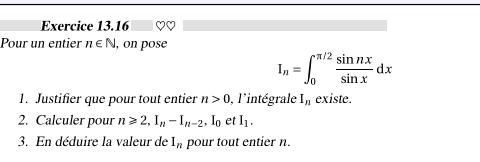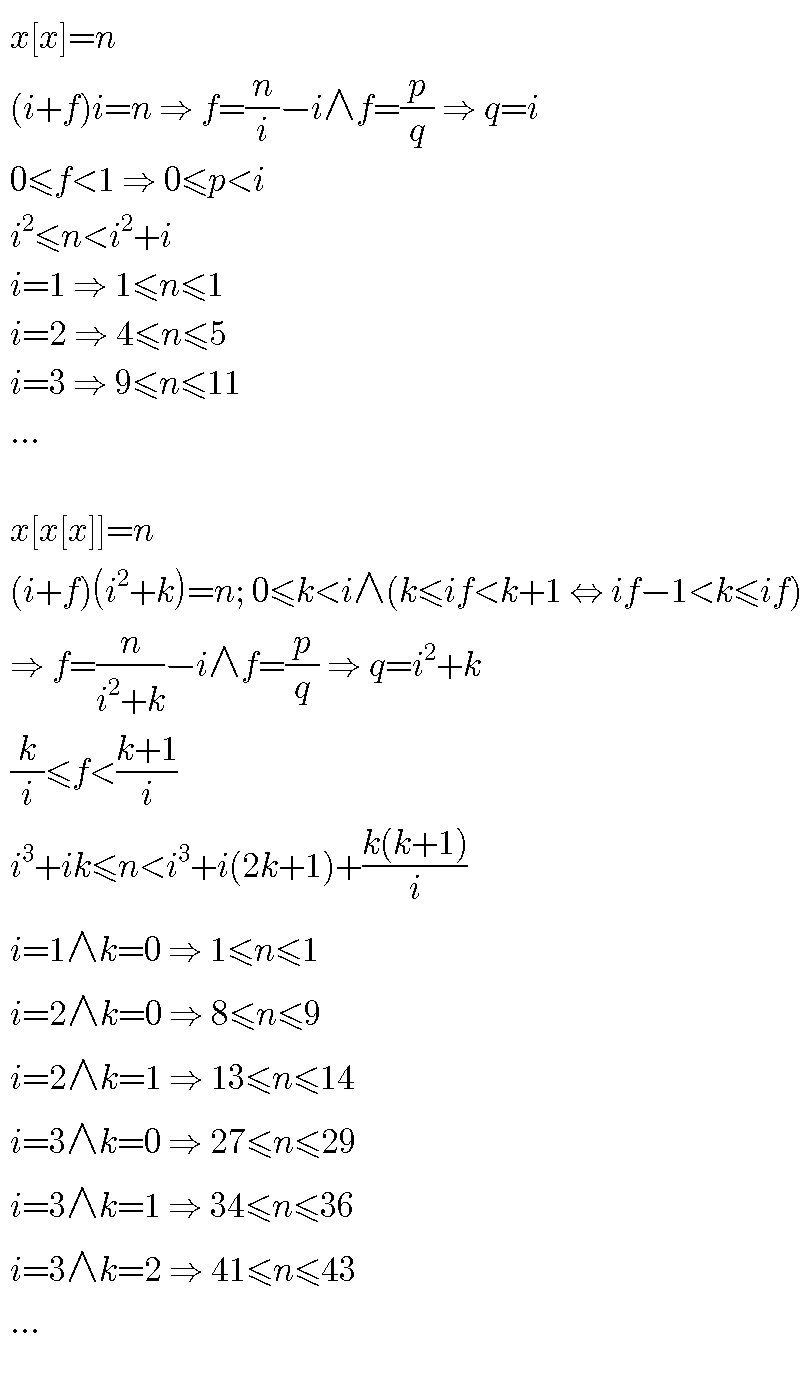
AllQuestion and Answers: Page 1171
Question Number 100653 Answers: 1 Comments: 0

Question Number 100650 Answers: 1 Comments: 0
Question Number 100649 Answers: 0 Comments: 0
Question Number 100644 Answers: 3 Comments: 1

Question Number 100640 Answers: 2 Comments: 0
Question Number 100629 Answers: 1 Comments: 1

Question Number 100624 Answers: 1 Comments: 3
Question Number 100622 Answers: 0 Comments: 2

Question Number 100618 Answers: 1 Comments: 0
Question Number 100614 Answers: 0 Comments: 0
Question Number 100613 Answers: 0 Comments: 0

Question Number 100606 Answers: 0 Comments: 0
Question Number 100597 Answers: 2 Comments: 1

Question Number 100594 Answers: 2 Comments: 0
Question Number 100590 Answers: 2 Comments: 0
Question Number 100587 Answers: 2 Comments: 1
Question Number 100585 Answers: 0 Comments: 0
Question Number 100584 Answers: 1 Comments: 0
Question Number 100583 Answers: 0 Comments: 0
Question Number 100581 Answers: 0 Comments: 0
Question Number 100575 Answers: 1 Comments: 0

Question Number 100570 Answers: 0 Comments: 1

Question Number 100567 Answers: 0 Comments: 3
Question Number 100565 Answers: 1 Comments: 1

Question Number 100562 Answers: 0 Comments: 0

Question Number 100561 Answers: 1 Comments: 1

Pg 1166 Pg 1167 Pg 1168 Pg 1169 Pg 1170 Pg 1171 Pg 1172 Pg 1173 Pg 1174 Pg 1175
